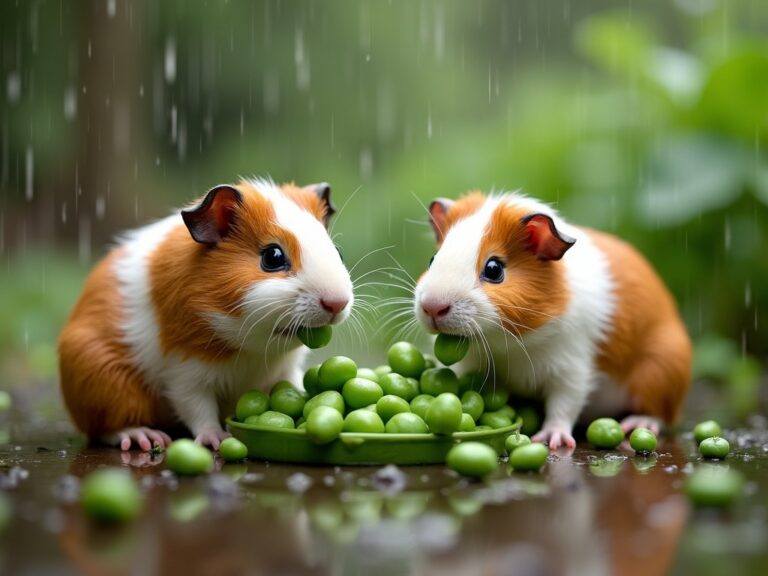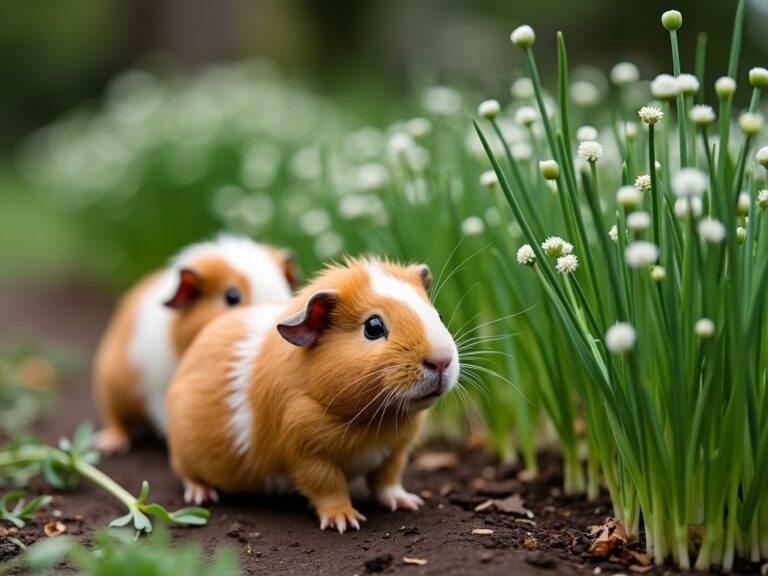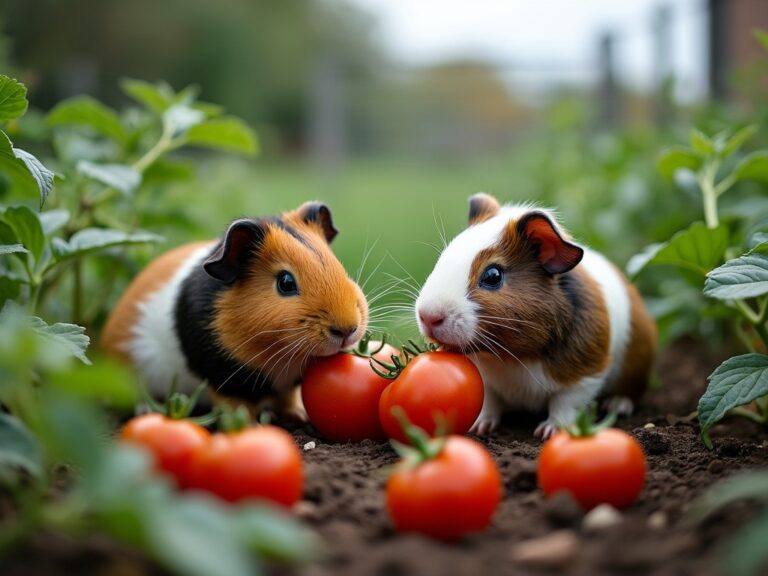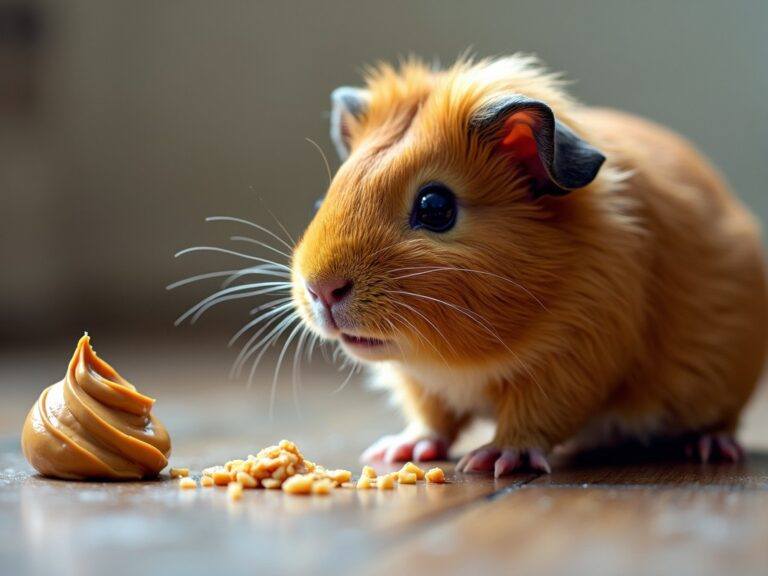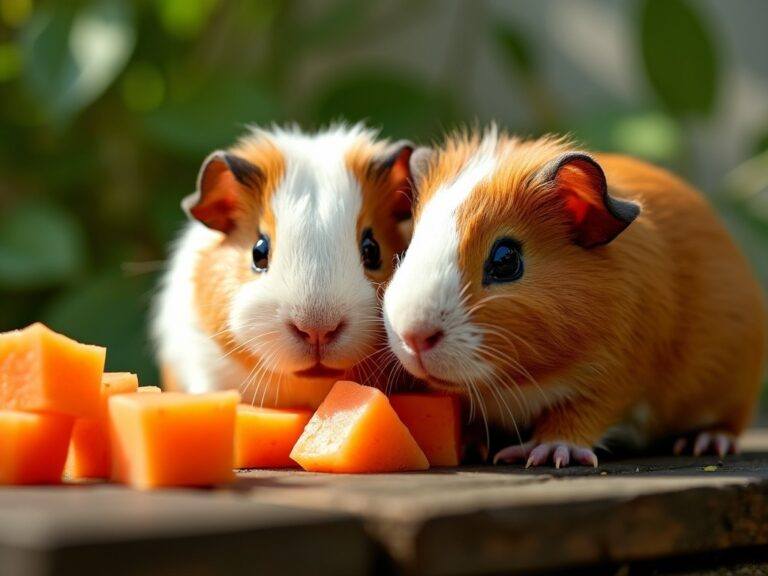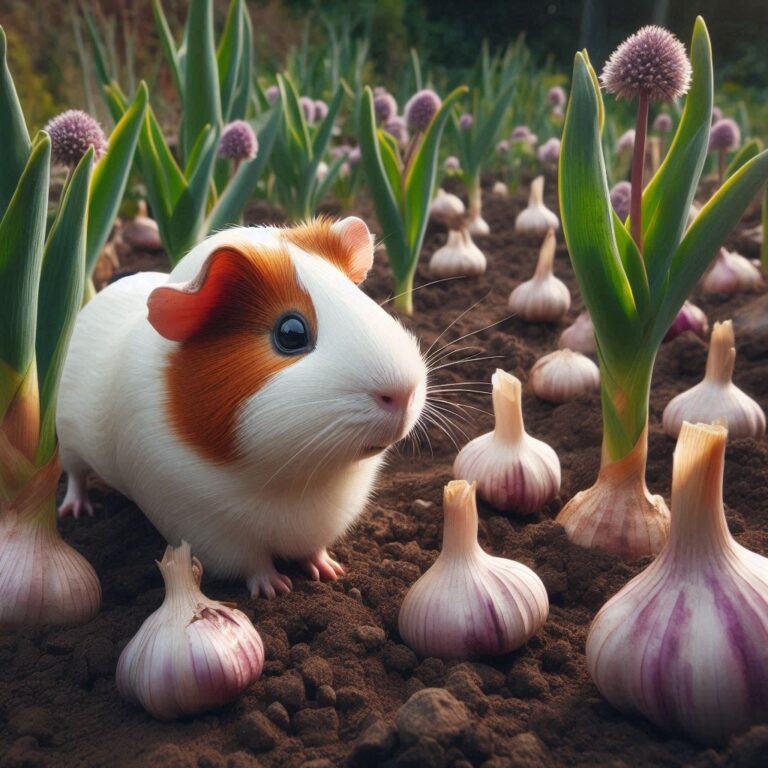Can Guinea Pigs Safely Eat Caffeine
No, guinea pigs cannot safely consume caffeine. The main reason is that their bodies aren’t equipped to process this stimulant, which can lead to serious health problems. Caffeine affects their nervous system and cardiovascular function, causing symptoms like restlessness, rapid heart rate, and even seizures.
Caffeine is found in common household items like coffee, tea, chocolate, and certain soft drinks. Even small amounts can be toxic to guinea pigs.
Unlike humans who can metabolize caffeine relatively well, guinea pigs lack the enzymes needed to break it down effectively.
This deficiency makes any exposure potentially dangerous.
Symptoms of caffeine toxicity include hyperactivity, tremors, increased heart rate, and in severe cases, seizures and death.
If you suspect that your guinea pig has ingested caffeine, seeking veterinary care immediately is crucial.
Quick intervention can sometimes help mitigate the adverse effects, but prevention is always the best approach.
Compared to some other animals, guinea pigs are particularly sensitive to caffeine. Dogs and cats, for instance, can also suffer from caffeine poisoning, but guinea pigs’ smaller size and specific metabolic pathways make them more vulnerable.
Thus, it’s important to keep all caffeine-containing products well out of their reach and ensure their diet is free from any potential risks.
Understanding Guinea Pig Nutrition
A guinea pig’s diet needs to be rich in specific nutrients to maintain their health. Key components include Vitamin C, fiber, and fresh water.
Unlike humans, guinea pigs can’t produce Vitamin C on their own, so their diet must include sources like bell peppers, kale, spinach and occasionally watermelon, pears, or apples.
In the wild, guinea pigs graze on a variety of grasses and plants. Mimicking this natural diet is beneficial for domestic guinea pigs.
Hay, particularly Timothy hay, should make up the bulk of their diet as it provides necessary fiber which aids in digestion and helps wear down their continuously growing teeth.
Knowing which foods are safe and which are not is crucial. Safe vegetables and fruits include carrots, cucumbers, and blueberries.
Unsafe foods range from chocolate and caffeine-containing items to iceberg lettuce and avocado. The latter can cause digestive issues and contains compounds harmful to guinea pigs.
An improper diet can lead to a variety of health problems for guinea pigs, including scurvy from Vitamin C deficiency, obesity from too many sugary fruits, and dental issues from insufficient hay.
Regularly consulting with a vet about your guinea pig’s diet can prevent these conditions and ensure they remain healthy and happy.
Caring for Your Guinea Pig
Crafting a balanced diet plan is a core part of guinea pig care. Guinea pigs thrive on a mix of fresh vegetables, ample hay, and fortified pellets.
Offering a variety of veggies ensures they’re getting a broad range of nutrients while making mealtime more interesting for them. Remember, any diet change should be gradual to avoid upsetting their delicate digestive system.
Regular veterinary care is another cornerstone of good guinea pig care. Routine check-ups can catch potential issues early, from dental problems to nutritional deficiencies.
It’s wise to find a vet specialized in small animals, as they’ll have the expertise to address the unique needs of guinea pigs.
Observing your guinea pig’s behavior is key to monitoring their health. Changes in eating habits, activity levels, or even social behaviors can signal that something is wrong.
A guinea pig that suddenly stops eating or seems less active than usual probably needs a vet visit.
Providing a safe and enriching environment goes beyond just diet and medical care. Guinea pigs need space to move around, places to hide, and items to gnaw on.
Cage accessories like tunnels, hideouts, and chew toys keep them mentally and physically stimulated. Clean the cage regularly to prevent the build-up of waste and bacteria, ensuring a healthier living space.
Focusing on these core aspects—diet, veterinary care, behavior monitoring, and environment—can help you create a comprehensive care routine for your guinea pig.
A well-cared-for guinea pig is a more active and joyful pet, enriching your home with its presence.


